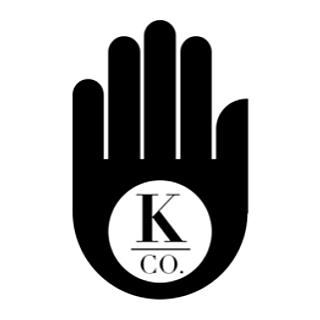What Your Tight Muscles Are Saying About You!
- Robyn Burgess
- Jun 29, 2018
- 3 min read
Updated: Feb 11, 2021

One of the most interesting and common complaints I hear from people is that they have tight muscles that "no-one can fix".
Whether it’s a tight neck, hamstrings, hip flexors, lower back, or shoulders - they’ll tell me they’ve “tried it all”, from physiotherapists, chiropractors, remedial massage therapists, acupuncturists, to myofascial release and bowen therapists, but, “no-one’s ever been able to fix it”.
And they're absolutely right. It's virtually impossible to fix an issue like this, because by the time it is this chronic, the condition has almost nothing to do with the physical body.
I encourage you to take a moment to fully consider what I'm saying here. Our bodies are not just physical and it makes no sense to treat them as such. They have mental, emotional, spiritual and chemical aspects that are never separate, and continually work in synchronous co-operation to support the processing of our daily experiences for the sole purpose of ensuring our survival.
What all the usual "go-to" therapies for tight muscles have in common, is that they work primarily on the body and the physical aspect of the problem, but don't take all other aspects into consideration and this is where Kinesiology can be of benefit.
When our survival is challenged, whether it is through injury, illness, trauma or any other perceived danger - even our own thoughts or the criticisms and harsh words of others - our body can trigger tension in our muscles to create a protective armour for our internal organs and skeleton. This is a completely unconscious, automatic, reactive pattern, a program that your body creates, stores and continues to use and make bigger and better in order to protect you from the same or similar perceived threat in the future.
Because the pattern has been created unconsciously, people are rarely aware it's happening, or of the link between the mental and physical aspects of the problem and as muscle tension persists over time, it can become a hardwired and permanent feature of a person's behaviour and physiology. Tight muscles and the automated programs that go with them are what we see in each other as our posture. You can literally see the effects of our daily self talk, habits and behaviours - like the forward head protrusion of those spend too much time on computers - it's written all over us.
Likewise,poor posture can shut down performance across many areas of life. The perpetual cycle of of negative self talk and its physical manifestation that runs unchecked between mind and body, reduces your motivation, increases self doubt and prevents you from achieving success by locking you into unhelpful patterns of behaviour, that seem completely beyond your control and limit your ability to choose how you respond to situations as they arise.
From a Kinesiology point of view, overly tight, weak, or injured muscles are - more often than not - a marker of unresolved psychological, emotional and energetic issues than they are the function of the muscle itself. The patterns they create within the body can impact organ function, emotional wellbeing and mental function, so having a tight muscle becomes a major issue for overall performance when you begin to take a good look at it.
This is why Kinesiology, in looking at the whole body, can have such a significant impact on health. As a Kinesiologist I assess the overall posture, test individual muscles, as well as take the contributing psychological, mental and emotional processes into account when working on a physical condition.
If performing at your best is important and you'd like to see what your muscles are saying about you, contact me to discuss what Kinesiology can do for you.





Comments